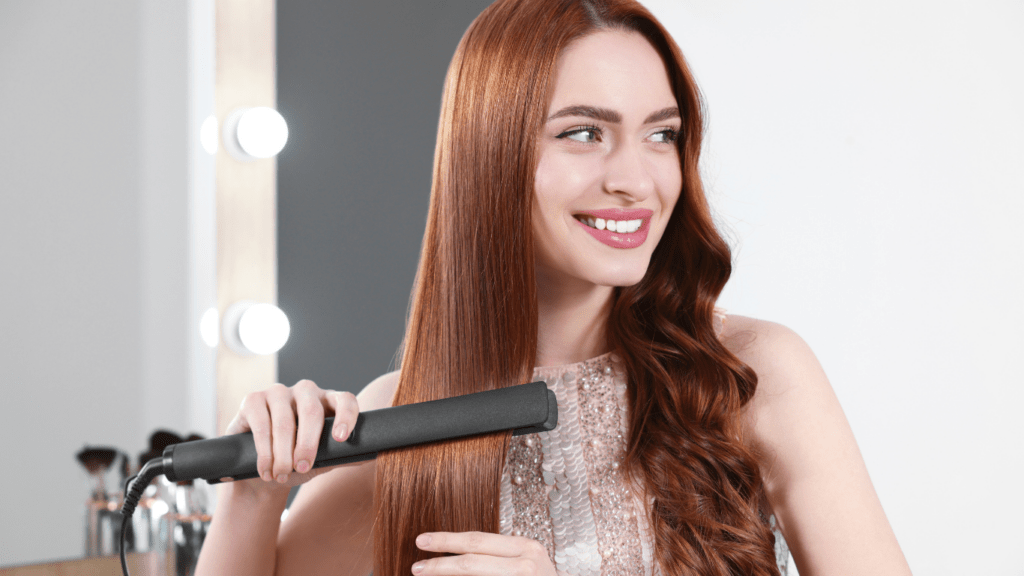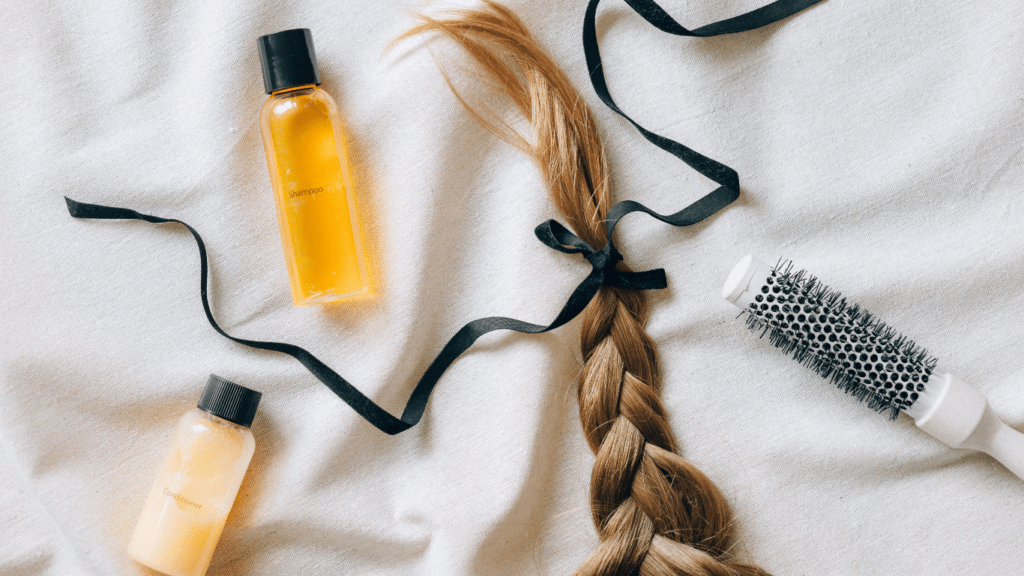Understanding Sustainability in Hair Care
Sustainability in hair care focuses on reducing environmental impact through eco-friendly practices and products. Brands now prioritize three core areas: packaging, ingredients, and production.
Packaging Innovations
Eco-conscious brands embrace sustainable packaging solutions. They use materials like recycled plastic, glass, and aluminum. Some brands offer refillable products to minimize waste. For instance, Lush’s shampoo bars and reusable metal tins eliminate the need for single-use plastics.
Ethical Ingredients
Sustainable hair care stresses natural and ethically sourced ingredients. Brands avoid harmful chemicals and prioritize biodegradable components. Aveda, for example, sources organic and fair-trade ingredients to support environmental sustainability.
Eco-friendly Production
Sustainable production practices aim to reduce carbon footprints. Brands invest in renewable energy and minimize water usage. Davines, an Italian hair care company, uses solar energy and sustainable agriculture methods in its manufacturing process.
Consumer Awareness and Demand
Sustainability-driven consumers influence the market. They seek transparency in brand practices and favor companies with clear environmental commitments. As awareness grows, demand for sustainable hair care products rises, driving more brands to adopt green practices.
The Rise of Refillable Products
Refillable hair care products have gained popularity as consumers look for more sustainable options. This innovative approach not only reduces plastic waste but also offers economic benefits for users.
Benefits of Refillable Hair Care Products

- Lower Waste: Refillable products significantly cut down on single-use plastic waste. Many hair care products like shampoos and conditioners come in plastic bottles, adding to the plastic pollution problem. Using refillable containers addresses this issue.
- Cost-Effective: Consumers can save money with refillable products. Brands often price refills lower than the initial purchase, making sustainable choices more affordable in the long run.
- Convenient Availability: Numerous brands provide easy access to refill stations in stores or offer mail-in refill services. This convenience encourages more consumers to opt for refillable options.
Examples of Brands Leading the Way
- Plaine Products: This brand offers refillable shampoo, conditioner, and body wash in aluminum bottles. Customers can send back empty bottles to receive refills, reducing waste.
- L’Occitane: Known for a diverse range of beauty products, L’Occitane has introduced eco-refills for shampoos and conditioners. These refills use up to 90% less plastic than regular bottles.
- My. Haircare: This innovative brand specializes in refillable hair care products shipped in biodegradable packaging. They offer a subscription service for regular refills, ensuring customers never run out of their favorite products.
- Bumble and bumble: Bumble and bumble’s refill program allows customers to purchase large refill pouches for their hair care essentials. This method reduces plastic and offers a cost-saving option to users.
Embracing Zero-Waste Solutions
Zero-waste solutions transform hair care routines by minimizing environmental impact. Brands now focus on packaging innovations and using biodegradable and compostable materials to align with eco-conscious values.
Packaging Innovations
Innovative packaging redefines sustainability in hair care. Many brands adopt reusable containers, reducing the need for single-use plastics. For example, L’Occitane offers eco-refills that cut plastic usage by 90%. Plaine Products uses aluminum bottles, which are durable and infinitely recyclable. I see many brands also embracing minimalist packaging using fewer materials and more efficient designs.
Biodegradable and Compostable Materials
Biodegradable and compostable materials enhance zero-waste goals. Hair care companies now use plant-based materials and compostable packaging that decompose naturally, unlike traditional plastics. Aveda uses bioplastics made from sugarcane, reducing fossil fuel dependence. Brands like Axiology produce paper-based packaging, which is compostable and fully recyclable. This shift in materials supports the broader mission of achieving zero waste in hair care.
Case Studies: Brands Making a Difference
Many brands have stepped up, creating sustainable hair care products that significantly reduce environmental impact.
Success Stories and Customer Feedback
- L’Occitane
L’Occitane’s eco-refills, which reduce plastic usage by 90%, have proven successful. Customers appreciate the eco-friendly packaging and the high quality of the products. Multiple reviews highlight the seamless transition to refills, noting no compromise on product performance. - Plaine Products
Plaine Products offers durable aluminum bottles designed for repeated use. Consumers commend the brand for its commitment to sustainability. The refill process is straightforward: customers receive refills by mail and return empties for reuse. Feedback often mentions the excellent customer service and the ease of the refill system. - Aveda
Aveda’s use of bioplastics made from sugarcane and their commitment to natural, fair-trade ingredients resonate with consumers. Many reviews applaud the company’s transparency and environmental practices. Users report satisfaction with both the product quality and the company’s sustainable efforts. - Davines
Davines leverages renewable energy and sustainable agriculture in production. Customers who favor eco-friendly products have provided positive feedback, especially praising the brand’s environmental ethics and the effectiveness of its hair care line. Reviewers mention the unique packaging and exceptional product results.
Each brand’s dedication to refillable and zero-waste products aligns with growing consumer demand for sustainability in hair care. Users frequently express satisfaction with these sustainable practices, which highlights the successful integration of ecological considerations into beauty routines.
Challenges and Barriers
Despite the positive movement towards sustainable hair care, there are several challenges and barriers that brands and consumers face.
Consumer Adoption and Awareness
Many consumers struggle with adopting sustainable hair care products due to ingrained habits and lack of awareness. Brands must educate consumers about the importance of sustainability and the benefits of refillable and zero-waste products to overcome these habits. Consumers often question the efficacy of eco-friendly products, making it essential for brands to demonstrate that these alternatives perform as well as traditional products. Marketing strategies that highlight both environmental and quality benefits can help shift perceptions.
Manufacturing and Supply Chain Issues
Implementing sustainable practices in manufacturing and supply chain processes poses significant challenges. Sourcing ethical, high-quality ingredients that meet sustainability standards can be costly, impacting product pricing. Additionally, transitioning to eco-friendly packaging materials requires substantial investment and infrastructure changes. Brands must also navigate logistical complexities like setting up efficient refill stations and managing returns of reusable containers. These operational hurdles need careful planning to ensure a smooth transition without compromising on product quality and availability.





